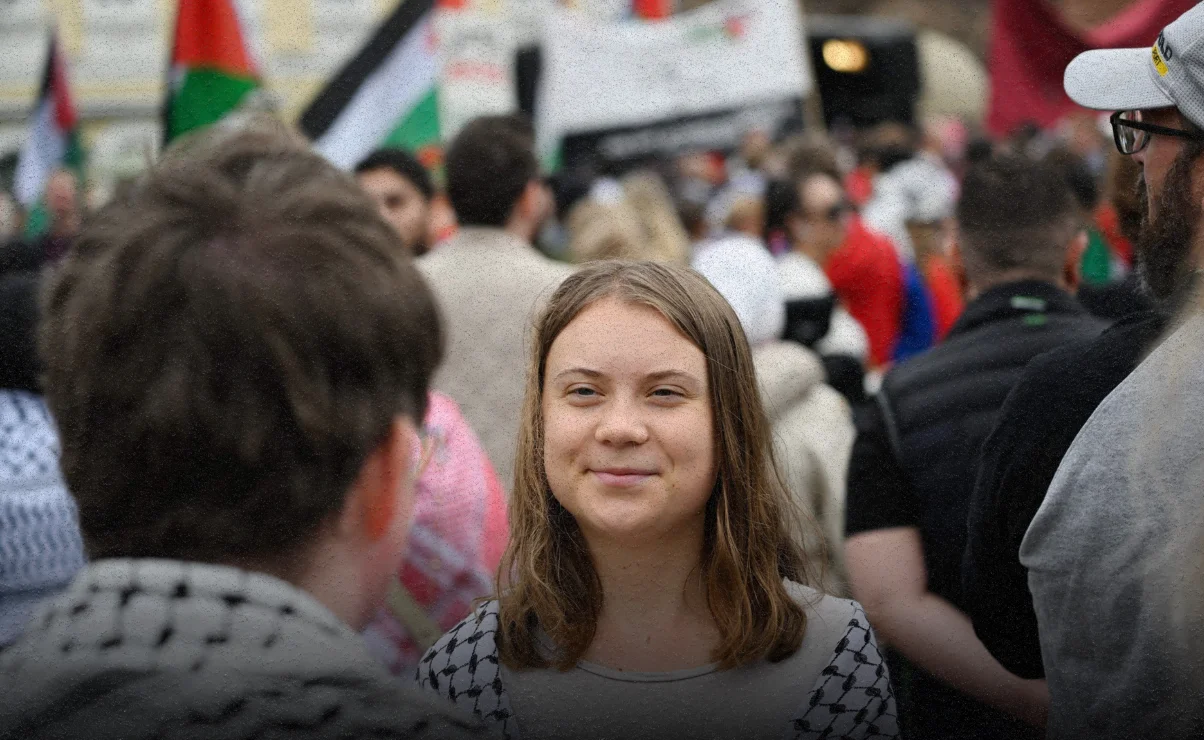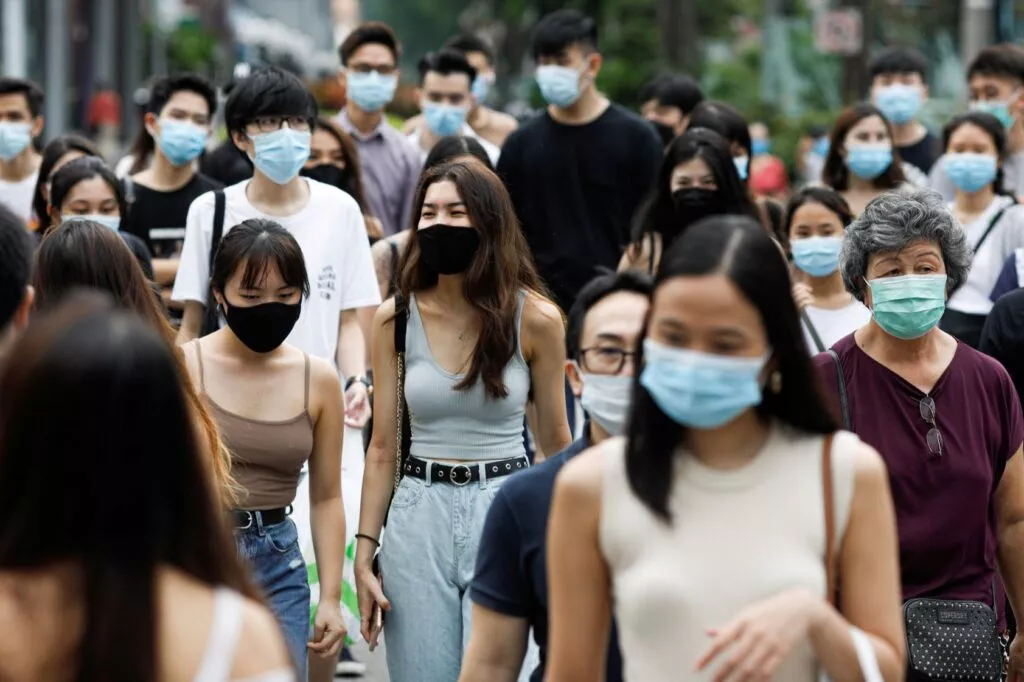On the sun-scorched streets of Rafah, the line for food was long, silent, and tense. Parents clutched their children, many barefoot, many hungry. They had gathered in hopes of receiving bags of rice and canned goods from one of the few remaining aid distribution points operating in the south of Gaza.
But instead of food, they were met with gunfire.
According to multiple witness accounts and local health authorities, at least 12 Palestinians were killed near a food distribution site today. Israeli forces claimed they had fired warning shots after the crowd breached a military no-go zone. Eyewitnesses, however, say the people were told to approach the aid site and followed the instructions of international staff—only to be met with lethal force.
This marks the latest in a string of deadly incidents, with over 80 civilians killed in or near food lines across Gaza in the past two weeks alone.
“They told us to come,” said Ayman, a father of three. “We were told it was safe. Then the shooting started.”
At sea, another standoff captured the world’s attention. The Madleen, a humanitarian aid vessel en route to Gaza and carrying Swedish climate activist Greta Thunberg along with ten other volunteers, was intercepted in international waters by the Israeli navy.
Defense Minister Israel Katz accused the flotilla of acting as a “publicity stunt aligned with Hamas interests.” No force was used, but the ship was effectively blockaded, escorted away from the Gaza coast under maritime pressure.
Thunberg later posted on X (formerly Twitter):
“Our mission is peaceful. Our demand is simple: let Gaza eat.”
Israel’s justification invoked security risks and Hamas infiltration—but human rights organizations have already condemned the action as another blow to humanitarian access in a besieged region where famine is spreading fast.
While bullets flew in Gaza and ships were turned away, diplomats in New York were locked in an all-too-familiar deadlock. A UN Security Council draft resolution calling for an immediate and unconditional ceasefire was vetoed by the United States, which argued the text failed to explicitly condemn Hamas for its October 2023 attacks.
The veto drew fury from humanitarian groups and several UN member states, particularly France, Indonesia, and Brazil, who had co-sponsored the resolution. “This veto was not a defense of peace,” said one Latin American diplomat. “It was a death sentence by delay.”
Still, diplomatic efforts are not entirely stalled. The UN will host a global peace summit in Geneva from June 17 to 20, co-chaired by France and Saudi Arabia. But Israel has announced it will not attend, citing the draft’s lack of specificity in condemning “terrorist provocations.”
Back in Gaza, humanitarian groups are calling the situation “unsustainable.” UNICEF today reported that one in three children under five is now showing signs of acute malnutrition. Hospitals remain overwhelmed, with severe shortages of antibiotics, surgical tools, and infant formula. Only 50–70 aid trucks are entering per day—far below the 500-truck minimum aid agencies say is necessary to prevent collapse.
Meanwhile, Gaza’s Humanitarian Foundation (GHF)—a joint Israeli-American aid group—briefly suspended operations last week following another deadly incident in which dozens were killed while queuing for food. Critics say the aid system has become not only ineffective but dangerous, turning into an inadvertent “bait site” for civilian casualties.
On Telegram, in videos shared by displaced Gazans, a woman’s voice echoes over grainy footage of collapsed tents and bodies on the ground:
“This isn’t a battlefield. It’s a breadline.”
The footage, verified by Middle East Monitor, has since been viewed over 4 million times and is being cited by watchdog groups as evidence of disproportionate use of force.
At the same time, in Tel Aviv, pro-government media outlets praise the IDF for “precision deterrence,” stating that Hamas continues to embed its operatives near humanitarian locations. However, no verified evidence has been presented in relation to today’s shootings in Rafah.
Today’s events signal something deeper than military escalation—they reflect a humanitarian war of attrition, where food, medicine, and water are no longer neutral goods but tactical variables.
As international outrage builds and diplomacy stalls, the people of Gaza are once again left with no shield but the world’s conscience—and that, too, is wearing thin.


